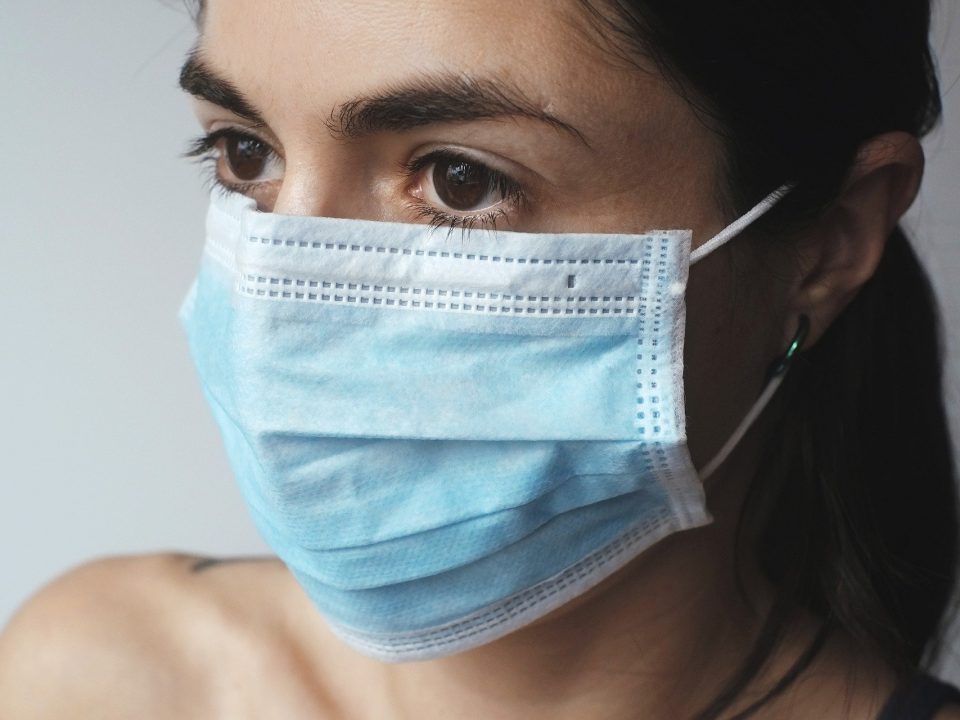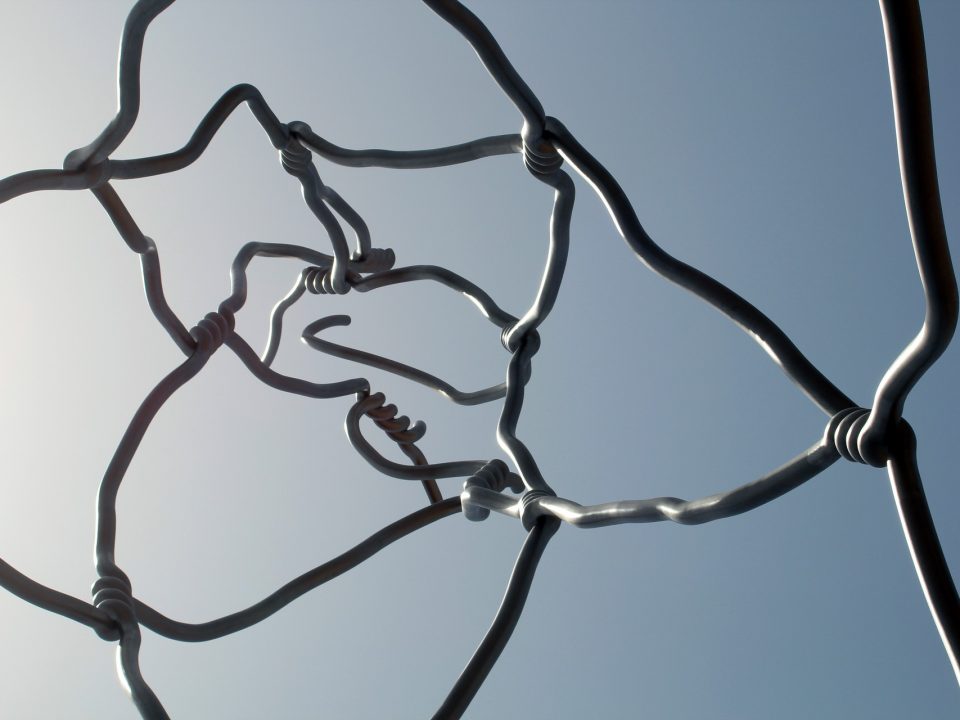Philly Opens Program to Help Homeowners Go Solar

There’s no doubt that “going solar” is the wave of the future. As trends turn away from fossil fuels and other types of energy that are bad for the environment; clean, plentiful solar energy is clearly the answer. Many homeowners are interested in harnessing the power of solar, but the cost of the equipment needed to convert (to wit: solar panels) is cost-prohibitive. There are plenty of different loan options available, but these take a long time to pay off and, consequently, homeowners go a long time without reaping the benefits of solar, which is tiny or nonexistent electric bills.
Philadelphia, which has an overreaching goal to move the whole city towards renewable energy, is trying to make it more attainable for homeowners to “go solar.” It unrolled its Solarize Philly program two years ago with the ideal of making solar more affordable for residents. It is unique in that it is a group-buying effort, meaning that the more people who buy in, the lower the costs go. The most recent period of enrollment closed in autumn of last year, but the program is preparing to gear up again. And this year, there are even more exciting subsidies and tax credits available for city dwellers.
Solarize Philly falls under the governance of the Energy Department, which maintains quality control by hand-picking installers and ensuring that all equipment is up to snuff. It also offers grants for high school students who are interested in entering fields related to solar energy, funded by a subsidy from the Energy Department. Now is the time to get in on the trend, because not only does Solarize Philly offer financing, but right now there is a 30 percent tax credit for new solar customers. That incentive will decrease over time, dropping to 26 percent in 2020 and 22 percent in 2021 before expiring in 2022.
This year, there is also a new program being offered through which homeowners can lease solar panels instead of buying them. The homeowner would pay only a small monthly fee, while the installer would technically own the panels and reap the tax benefit for them. This is in response to the fact that a survey of current solar customers in Philadelphia showing that most are from the higher income brackets. Solarize Philly wants options available for all residents, not just the well-off.
Curiously although 4,200 property owners have signed up for the installation program since its launch, just 363 installation contracts have been signed. Emily Schapira, the authority’s executive director, considers that a success. She mentions the fact that half of all those people interested end up not pursuing the program beyond the informational stage, and that even after that stage, pro installers had to assess the homeowner’s individual situation:
[G]iven the soundness of the structure, the type of roof, electrical wiring, financial situation of the applicant, and whether Peco could readily hook the setup into the regional grid.
Schapira acknowledges that solar is a “big commitment.” Despite that, she says, Solarize Philly has seen sign-ups come from all over the city. With this new wave of enrollment, she hopes to see at least 500 households install solar panels by the end of the year. It’s a drop oin the bucket compared to how many rooftops in the city are equipped to take on solar panels, a number that has been ballparked at around 128,000. Philadelphia is uniquely situated to have widespread solar availability because of the proliferation of townhomes with flat roofs. Provided that these roofs are intact and in otherwise good condition, the panels can be secured with ballasts instead of being bolted in place like the are with pitched roofs. Not bolting the panels down makes roof upkeep and repair much easier, as the panels can be quickly and safely removed for any reason. The city recommends that, if you are getting solar panels on your roof, you should recoat the surface white as this color reflects the most light for maximum solar efficiency.
The solar program is just one component of Philadelphia’s multi-pronged Energy Campaign, which aims to “advance energy efficiency in buildings, help property owners save money, [and] help Philadelphia achieve its sustainability goals” over the next decade, while creating 10,000 new jobs along the way.



